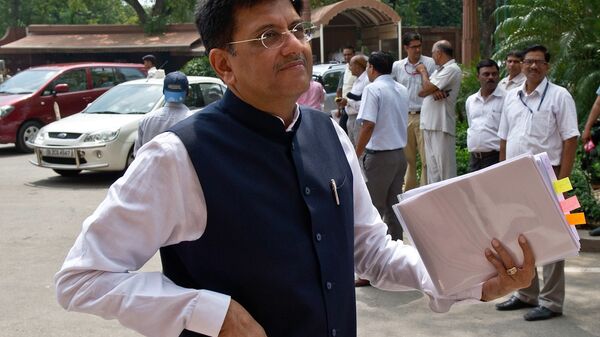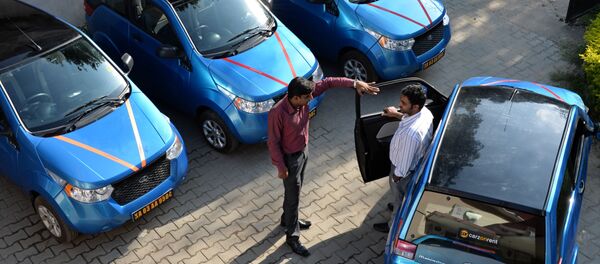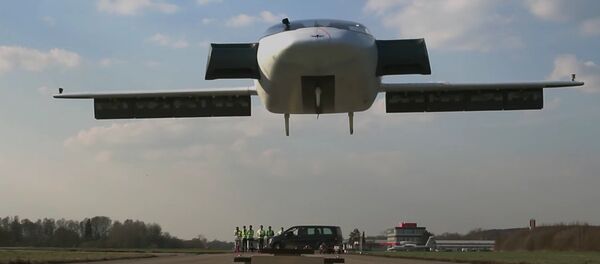"We are going to introduce electric vehicles in a very big way. We are going to make electric vehicles self- sufficient like UJALA," he said, referring to the Unnat Jivan [Advanced Light] by Affordable LEDs and Appliances for All, a government program of selling inexpensive LED bulbs to reduce electricity consumption.
The bold move has been prompted by the need to reduce the cost of imported fuel and lower costs for running vehicles.
"The idea is that by 2030, not a single petrol or diesel car should be sold in the country," he added.
According to Goyal, the government wants to establish a market for electric cars driven by demand and not by government subsidy. To establish that demand, the industry will need some two to three years of support from the government, "and after that the cost of electric vehicles will start to pay for itself for consumers," the minister explained.
According to the International Organization of Motor Vehicle Manufacturers, there are 28.6 million cars in India. Replacing them with electric cars will require extensive infrastructure, the minister said, which the government already invests in, prioritizing trade and business centers where car pollution is always high. According to the International Business Times, New Delhi is ranked among the most polluted cities in the world, with concentrations of particulate matter 13 times the annual limit set by the World Health Organization, according to the Independent.
"So cars don't have to wait for batteries to be charged," he explained. "Electric cars can then move to petrol pumps, swap their batteries and drive out, just like they do now. And it will take less time than what it takes to put petrol in your car, like in Formula-1 races!"
An earlier investigation by Greenpeace, called "Airpocalypse," revealed that as many as 2.3 million deaths occur every year due to air pollution in India, only "a fraction less" than the number of deaths from tobacco use. The report also attributed about 3 percent of the nation's GDP being lost due to smog.




